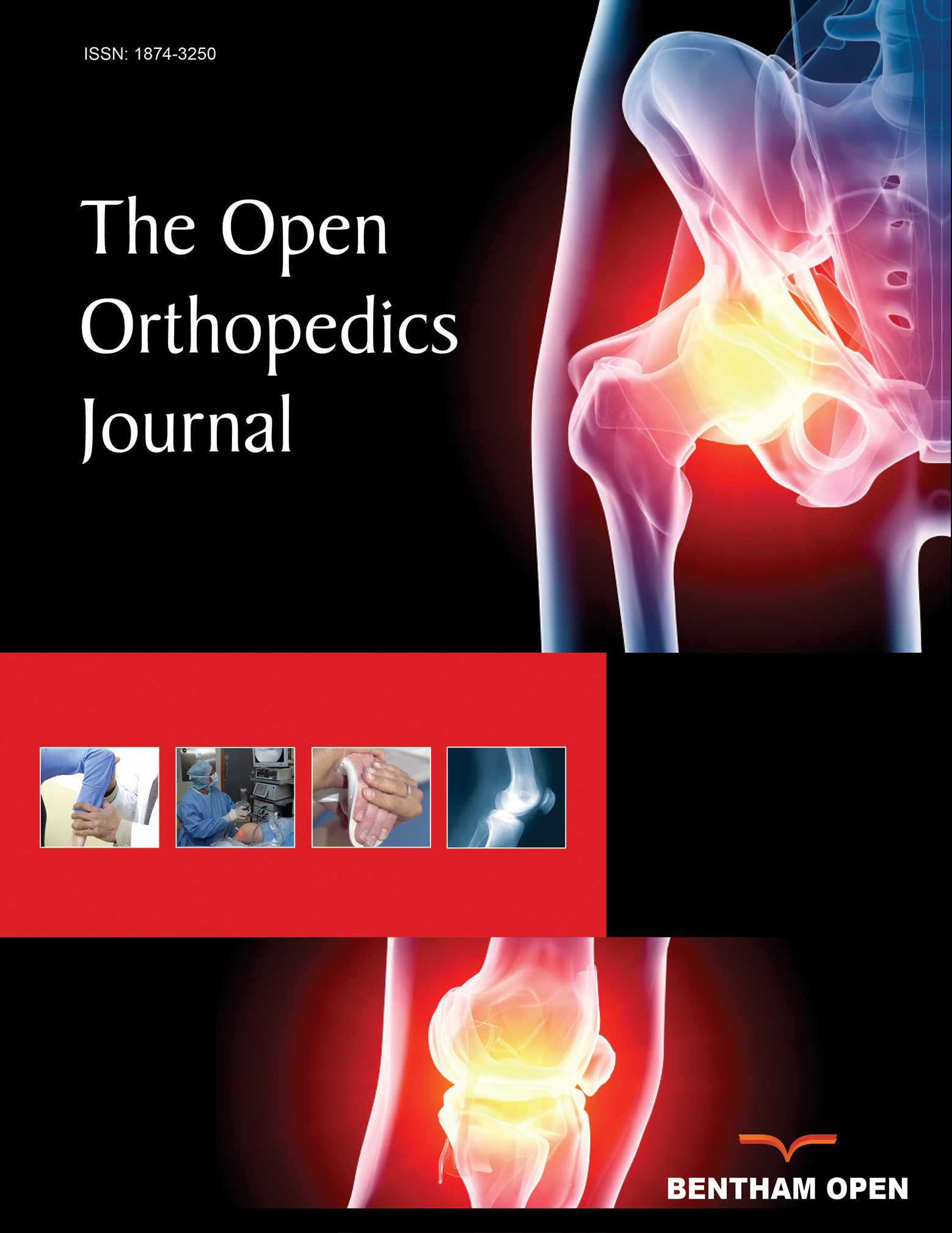All published articles of this journal are available on ScienceDirect.
Risk of Complications in Spine Surgery: A Prospective Study
Abstract
Purpose :
Complications are the chief concern of patients and physicians when considering spine surgery. The authors seek to assess the incidence of complications in patients undergoing spine surgery and identify risk factors for their occurrence.
Methods :
Prospective study of patients undergoing spine surgery from 1 February 2013 to 1 February 2014. Epidemiological characteristics and complications during the surgical hospitalization were recorded and analyzed.
Results :
The sample comprised 95 patients (mean age, 59 years). Overall, 23% of patients were obese (BMI =30). The mean BMI was 25.9. Approximately 53% of patients had comorbidities. Complications occurred in 23% of cases; surgical site infections were the most common (9%). There were no significant differences between patients who did and did not develop complications in terms of age (60.6 vs 59.9 years, p = 0.71), sex (56% female vs 54% female, p = 0.59), BMI (26.6 vs 27.2, p = 0.40), or presence of comorbidities (52% vs 52.8%, p = 0.87). The risk of complications was higher among patients submitted to spine instrumentation than those submitted to non-instrumented surgery (33% vs 22%), p=0.8.
Conclusion :
Just over one-quarter of patients in the sample developed complications. In this study, age, BMI, comorbidities were not associated with increased risk of complications after spine surgery. The use of instrumentation increased the absolute risk of complications.


